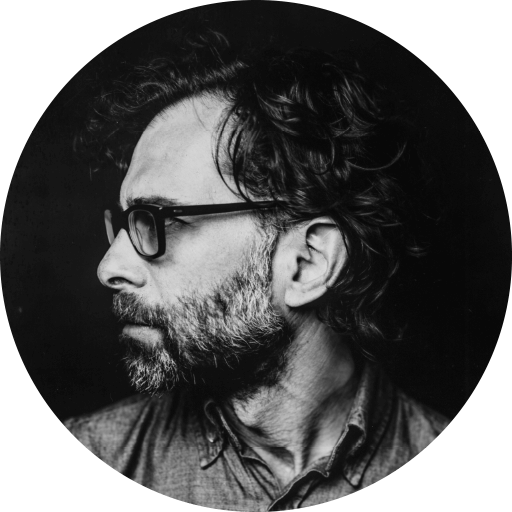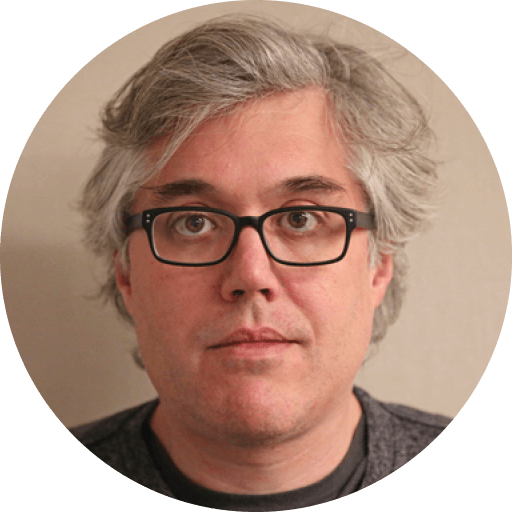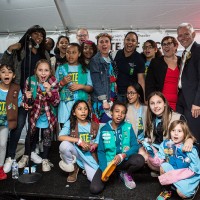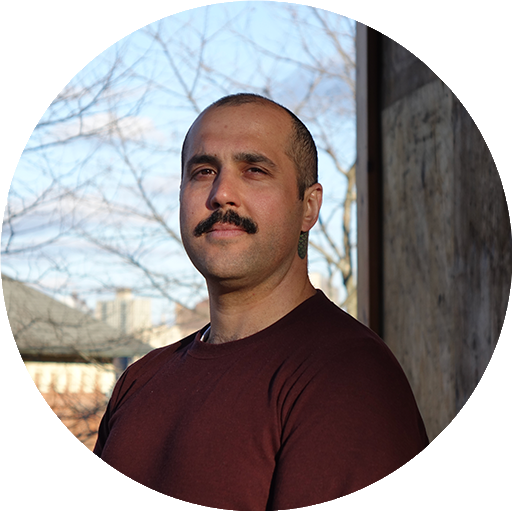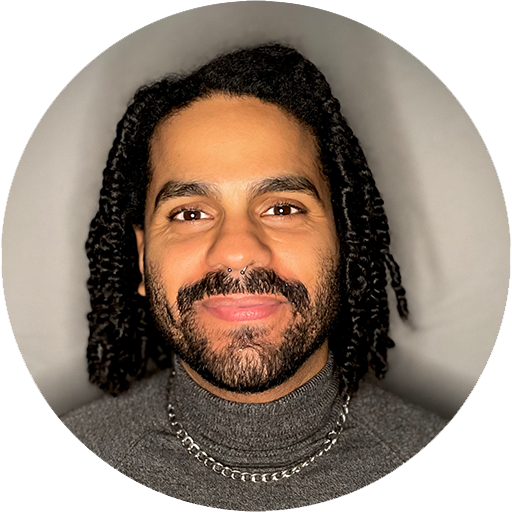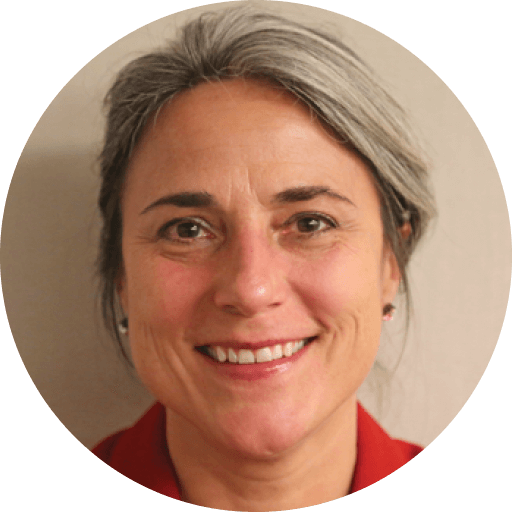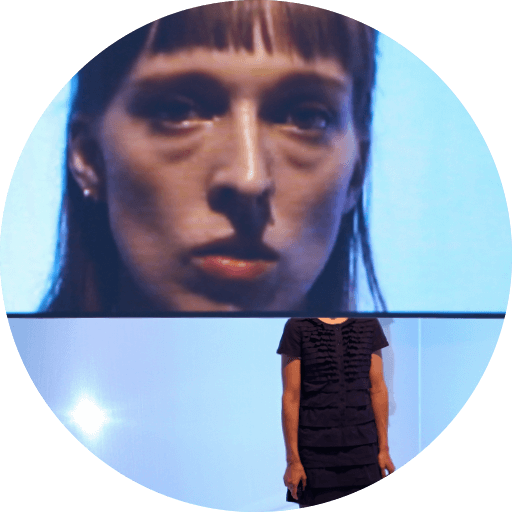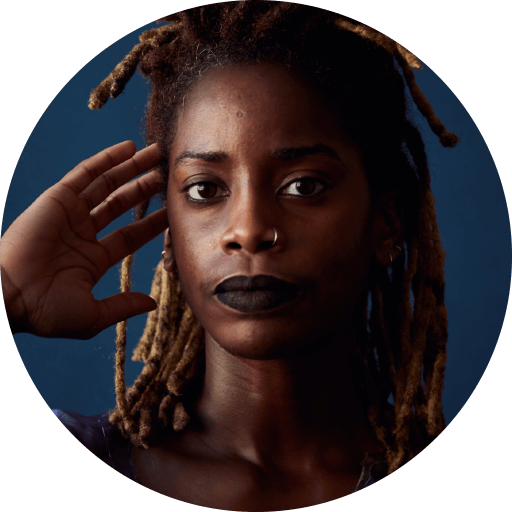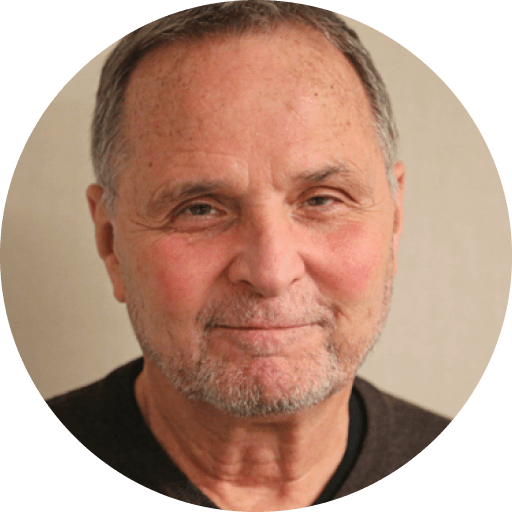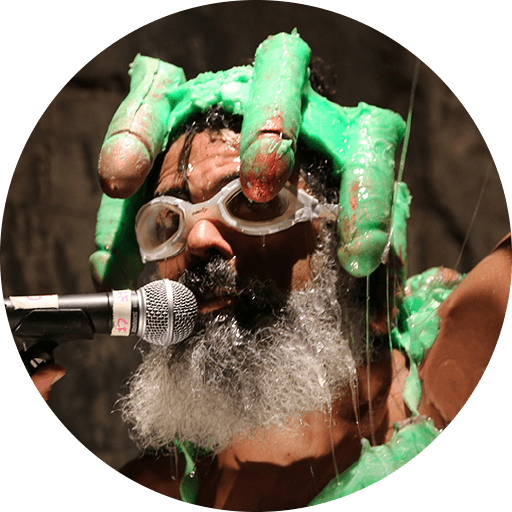‘The Nosebleed’ Review: ‘Who Here Hates Their Father?’
Laura Collins-Huges, New York Times
Laura Collins-Huges, New York Times
“Who here has a father who has died?”
As show-of-hands questions for an audience go, that one is pretty personal. But when an actor asked it from the stage the other evening during “The Nosebleed,” Aya Ogawa’s gentle, forthright reckoning of a play, many hands went up.
Other questions for the crowd come later: “Who here loves their father?”
And, at least as relevant in this emotionally complex, autobiographical show: “Who here hates their father?”
At that, all four actors sharing the role of Aya — the playwright — raise their hands, in character.
Directed by Ogawa at Japan Society, which presents it with the Chocolate Factory Theater, “The Nosebleed” is a grown-up play about grief and remorse, loathing and legacy. A belated processing of the loss of a parent by a daughter who now has children of her own, it is a touched-with-grace ritual of probing and purgation: about the elements of inheritance that must be passed down, the poison bits that must be expelled and the missing pieces it is too late to claim.
If that all sounds grim and — what with the four Ayas — hard to follow, it is not. Impeccably structured and lucidly staged, this play has a disarming sense of welcome, and a down-to-earth ease familiar from Ogawa’s many English translations of the Japanese playwright Toshiki Okada (“Zero Cost House”), who is known for his colloquial immediacy.
“The Nosebleed” also has some wackily funny, psychologically insightful scenes reenacted from the reality TV show “The Bachelorette.”
“Why haven’t you talked to your dad in two years?” the bachelorette asks her date.
“Is it my responsibility to reach out to him and make sure that there’s a relationship there?” her date says. “I don’t know.”
In a news release about the play, Ogawa says that it “chronicles what I believe is one of the biggest failures of my life, which is that when my father died almost 15 years ago, I failed to do anything to honor him or his life because of the nature of our relationship.”
“The Nosebleed,” in which she plays both her father and her bloody-nosed 5-year-old son, goes some distance toward atoning for that without sentimentalizing the past. The father she shows us is a stolid, taciturn executive who immigrated from Japan to Northern California with young Aya and her mother, and considers his financial support of them proof enough of his love.
The gap between Aya and her father, then, is partly cultural. Having spent a good chunk of her childhood in the United States, she fits into it more comfortably than he did — even if entrenched idiots like the character called White Guy (Peter Lettre) can hardly believe that she doesn’t speak English with an accent.
With set and costumes by Jian Jung, and lighting by Jeanette Oi-Suk Yew, “The Nosebleed” is a visually uncomplicated show: a vessel for holding ghosts and regrets, and for deciding what to do with what a parent leaves behind.
With the four Ayas — Drae Campbell, Haruna Lee, Saori Tsukada and Kaili Y. Turner, terrific all — and some audience participation from volunteers, the performance becomes a moving communal rite that accommodates both love and hate and locates the filial kindness for a loopily generous send-off.
But what it mourns most deeply are the questions for a dead father that went unasked, and the understanding that might have been.
Laura Collins-Huges for the New York Times – October 3, 2021


